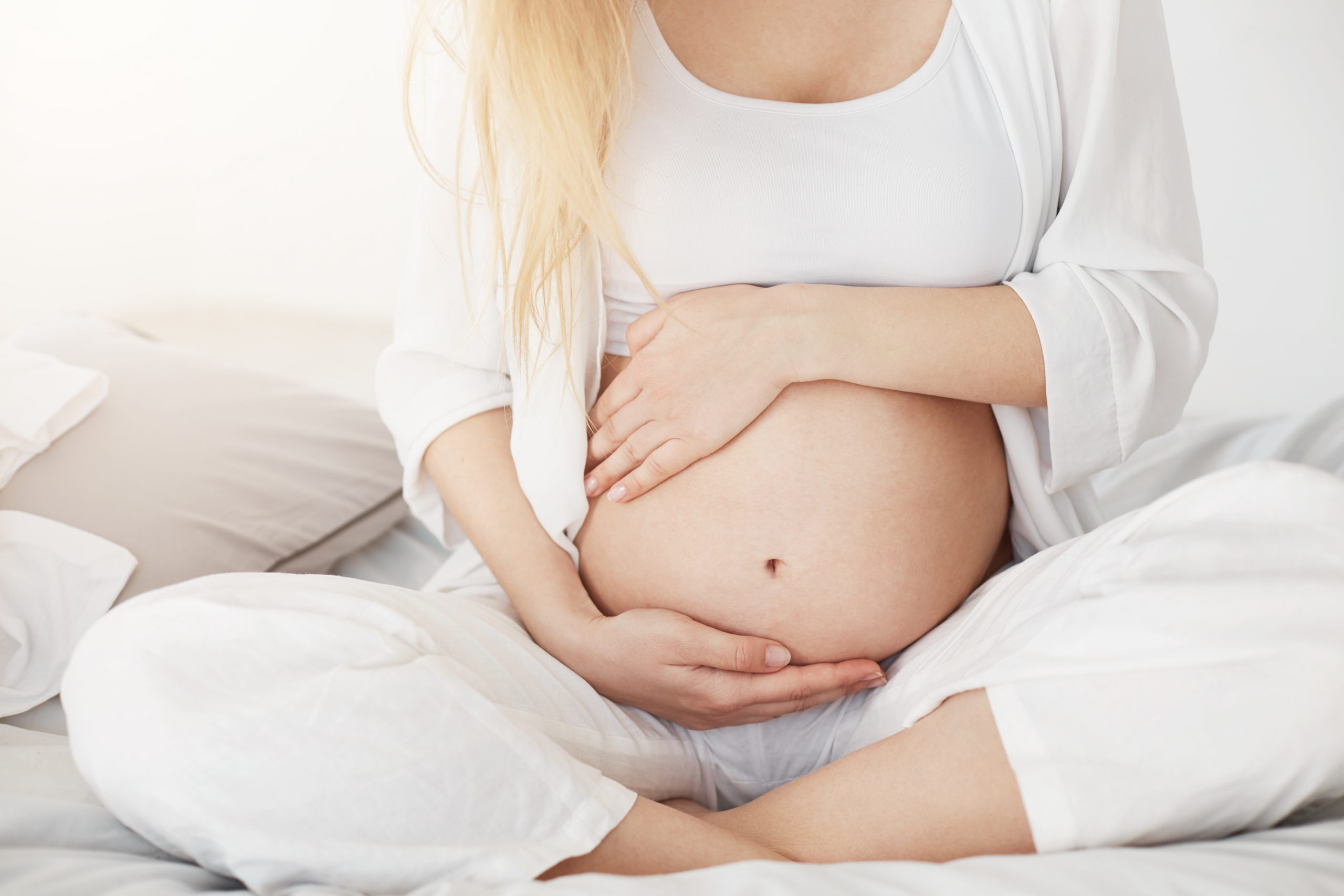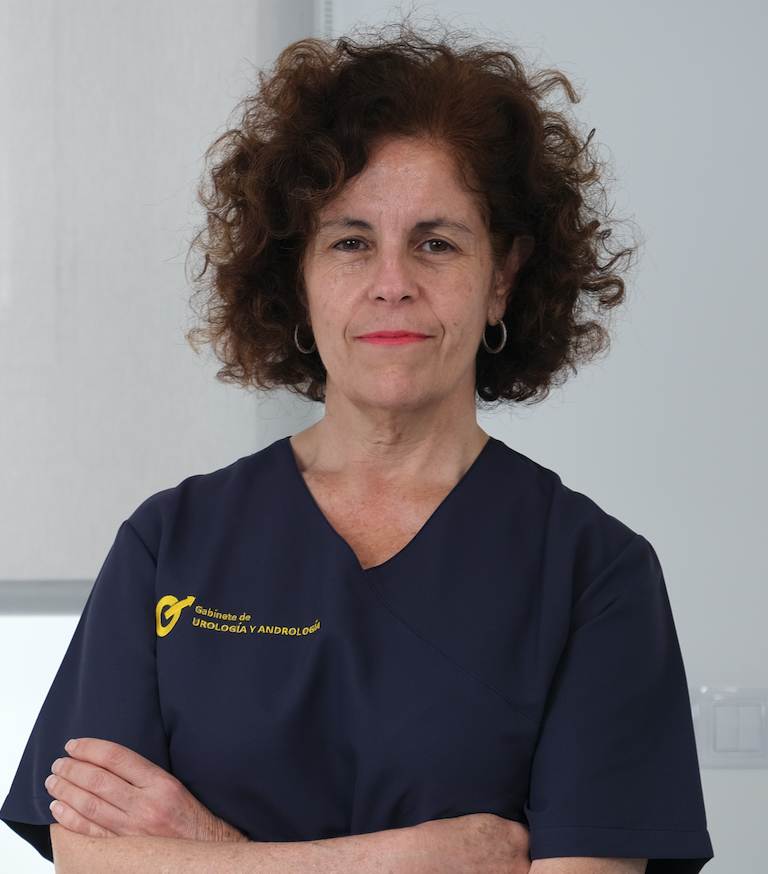
After pregnancy and childbirth, the pelvic floor muscles can weaken. It is vitally important for the new mother to focus on her body and its physical recovery.
The posture, abdominal wall and pelvic floor have undergone changes to adapt to foetal growth. The type of delivery, vaginal or caesarean, directly influences this process.
Sexual intercourse should never be painful. It is common that after childbirth many women experience discomfort or even pain during sexual intercourse. This is even more common if there has been a cut in the vagina (episiotomy) or a caesarean section.
This occurs due to fibrosis and retraction caused by scarring, especially at the time of intercourse.
Thanks to our painless techniques you will notice relief of symptoms from the very first session.
Sometimes it is necessary during childbirth to make a cut in the vagina to make it easier for the baby to come out. This incision can cause postpartum discomfort and pain. The consequences of an episiotomy scar vary from woman to woman. In some cases, the discomfort is felt during sexual intercourse, in others when sitting and changing position, and unfortunately, in some women the sensation of pain is continuous.
Thanks to our professional experts in pelvic floor physiotherapy and specific treatments, we can restore normality and laxity to the tissues so that the pain disappears, the woman's sensitivity and sensations are normalised to make all types of discomfort disappear and the woman can recover her normal and sexual life.
This is the injury to the perineal tissue after childbirth. Various degrees have been established, with the third and fourth degrees involving the anal sphincter, and thus compromising continence.
Painful pathologies and urinary incontinence (both stress and urge) are often associated with this type of trauma.
When a person leaks urine, however small, with an effort such as coughing, laughing or sneezing, it is considered stress incontinence. There is also the sudden and unpleasant sensation of going to the toilet to urinate urgently, which is considered urinary urgency.
From the Urology and Andrology Department we would like to emphasise that:
THIS IS NOT NORMAL.
As many women think, this does not only affect older women. However, there are treatments for it.
This is particularly common in the postpartum period, when the pelvic floor muscles are still weak and slow to react. At a complex emotional time such as postpartum, urinary incontinence can greatly affect self-esteem, but it is a problem that can be prevented and treated with pelvic floor physiotherapy.
At the Urology and Andrology Clinic we help you to recover from the postpartum period in a faster and more complete way. By strengthening the pelvic floor through manual therapy, exercises and other techniques when necessary such as muscular electro-stimulation or biofeedback.
As a consequence of the weakness or tearing of the pelvic floor muscles after childbirth, faeces or gas may leak out because the sphincter, which is the valve that prevents them from coming out, cannot be controlled.
In this situation, the woman should come to our unit to be assessed by professionals such as expert physiotherapists and gynaecologists who can apply our treatments such as perineal massages, intracavitary devices, electro-stimulation, Biofeedback and thus be able to speed up recovery from the possible consequences of childbirth.
Your postpartum recovery and well-being are our priority. If you have recently given birth and are experiencing pelvic floor discomfort, don't wait any longer, make an appointment with us.

